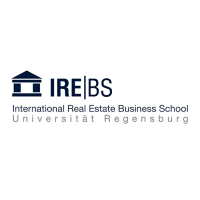The PropTech Revolution: The Imperatives for Nigeria’s Estate Surveying and Valuation Professionals to Catch Up or Get Left Behind
DOI:
https://doi.org/10.15641/jarer.v4i2.734Keywords:
PropTech, FinTech, Information and Communication Technology, Estate Surveyors and Valuers, NigeriaAbstract
Information and Communication Technology (ICT) has become the bedrock of modern societies with activities being streamlined to technologically meet the needs of individuals willing to adopt it in their day-to-day lives. The emergence of ICT has influenced the activities of real estate practitioners all over the world. Despite sectoral shifts and the introduction of innovative technologies, real estate professionals have been quite conservative towards industry modernisation (whether it is information provision, transaction or management), which threatens to limit their influence in society. PropTech, or property technology, has commanded this movement by promising more efficient portfolio management, faster ways of renting accommodation and more accurate techniques of carrying out property appraisals. It has provided innovative solutions for an industry yearning for change. This paper, therefore, describes the emerging property technology industry known as PropTech. It illustrates how its development has brought changes to global perceptions of real estate. The paper also critically examines the challenges that Nigerian estate surveyors and valuers face in the advent of fast-paced information technology. It strongly proposes that professionals must learn to utilise this emerging trend or face becoming redundant in the real estate industry.




